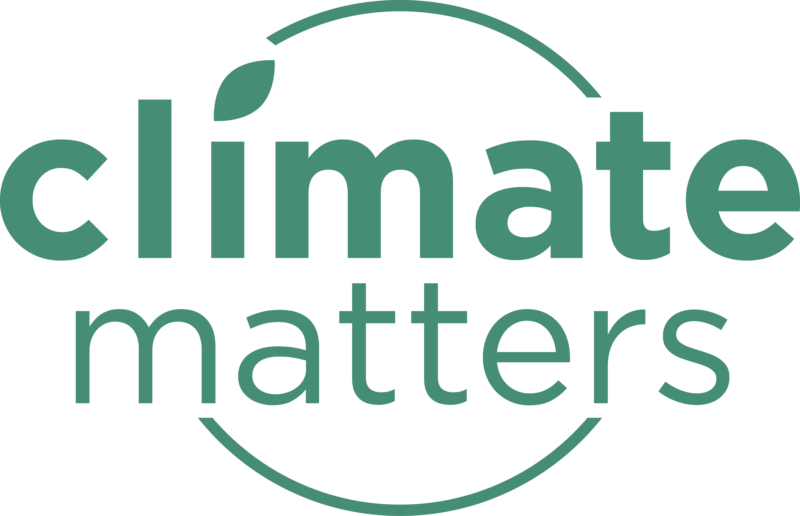Including Public Voices in Scientific Research – Challenges, Prospects, and Pathways
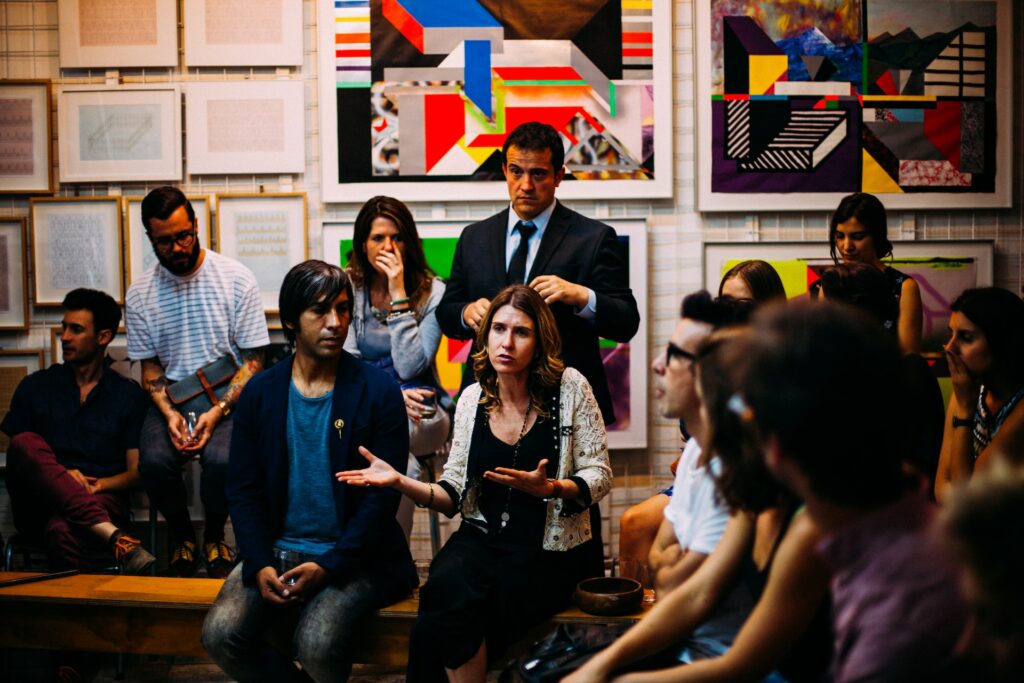
There is a growing demand for public engagement with science. However, many scientists lack training and experience in this form of science communication. Find out more about how and why public engagement may benefit you and your research. In his book ‘The Engaged Scholar – Expanding the Impact of Academic Research in Today’s World’ (2021, […]
Climate Endgame – How to Research and Communicate Extreme Climate Risks?
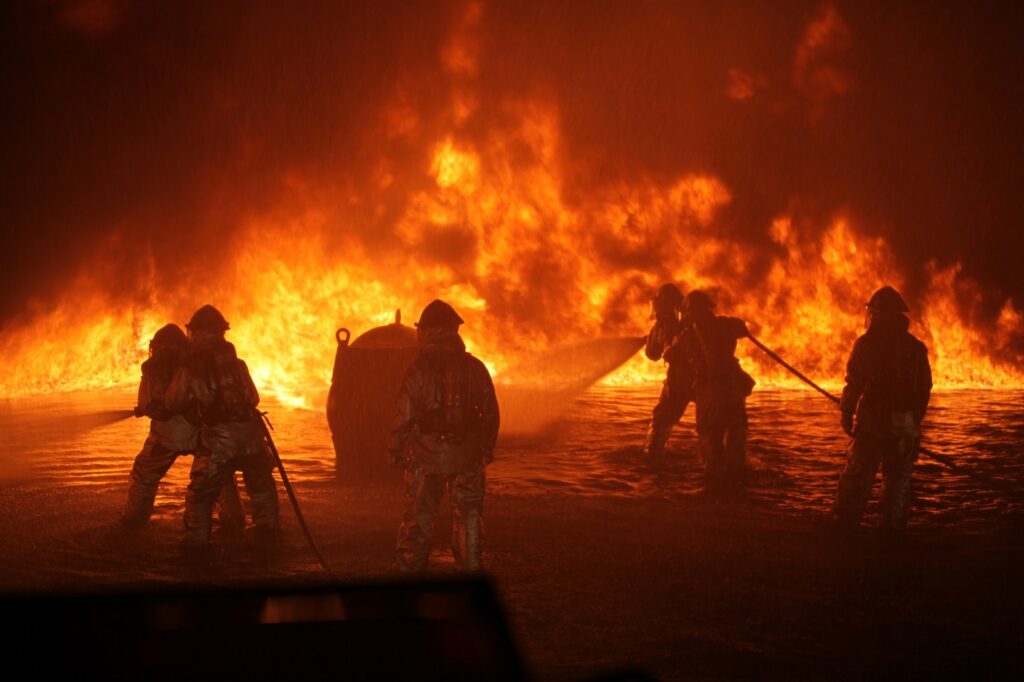
“Are we screwed?”, “How bad is it gonna get?” – these are the questions that I most frequently get when I mention that I am in climate science. Newspaper coverage of a recent perspective article in PNAS seemed to suggest that we are actually headed towards a global catastrophe with potential extinction and that we […]
After Lunch Post: Zum Essen mit Sighard Neckel
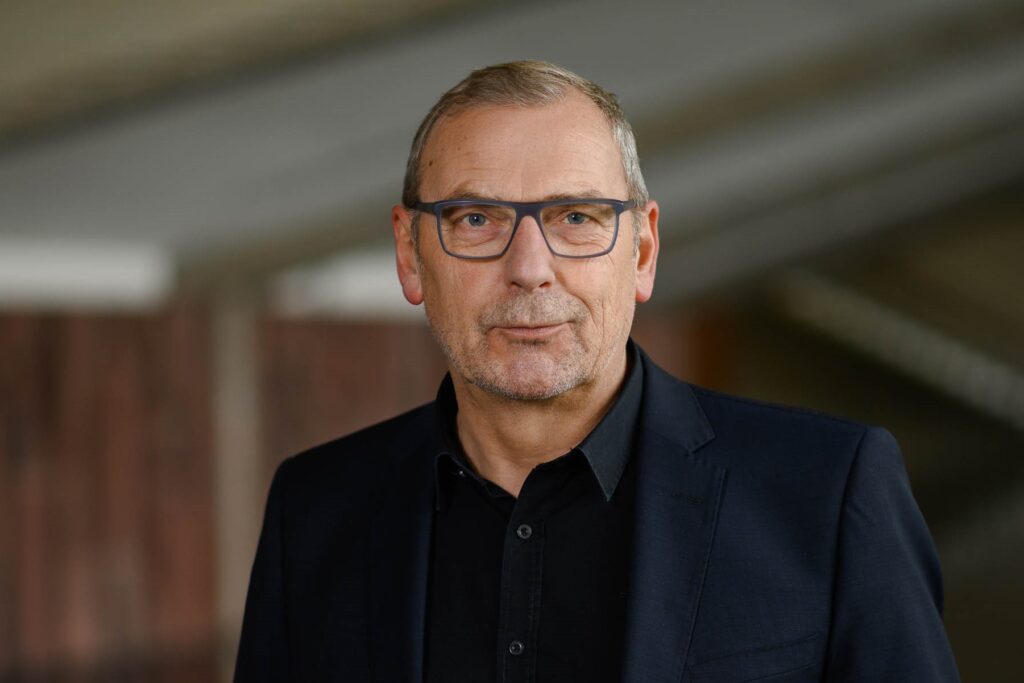
Wie kommt die Gesellschaft in die Zukunft? Sighard Neckel, Professor für Soziologie an der Universität Hamburg, unterscheidet drei Szenarien. (1) Modernisierung. Dies ist der Merkel-Weg, den die meisten westlichen Politiker:innen gehen. Sie erkennen die vor uns liegenden ökologischen Probleme durchaus an, wagen aber nur kleine Schritte Richtung Klimaschutz, Nachhaltigkeit, aber ohne große Veränderungen an den […]
After Lunch Posts: Talking Climate Change with Hans von Storch
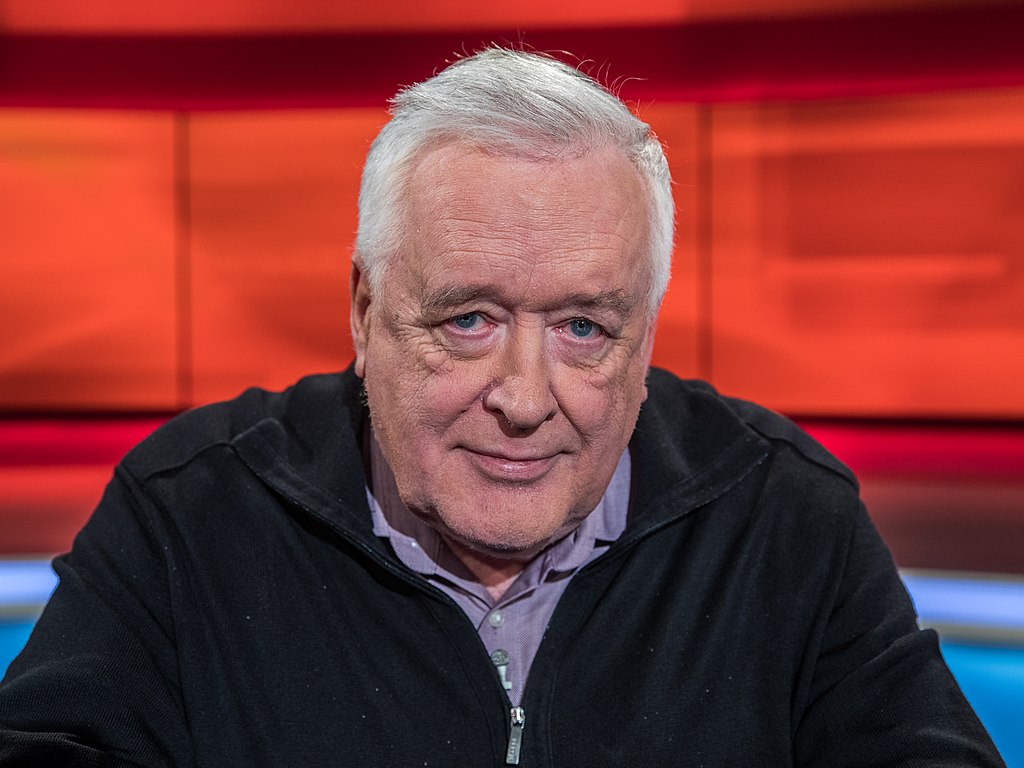
One of the many privileges of holding a Professorship at the University of Hamburg and being involved in the Cluster of Excellence, which unites researchers from different disciplines around the issue of climate change (see CLICCS website ), is that you have the opportunity to meet and have lunch with highly inspiring and thought-provoking people […]
A Short Personal Guide to Climate Change Conversations

As natural scientists, we hopefully learn multiple concepts about uncertainty throughout our education and research, and, at some point, the time will come when we need to put them into practice. This post comes from the necessity of a first approach to assemble some of the multiple guidelines and recommendations that we receive regarding climate […]
New publication: Scientific networks on Twitter
Scientists communicate online via social media about climate change. They engage with other scientists as well as with journalists, civil society and politicians. To what extent and how their language use varies depending on whom they talk to was examined by Stefanie Walter, Ines Lörcher and Michael Brüggemann by combining network and automated content analysis. […]
Science For Dummies
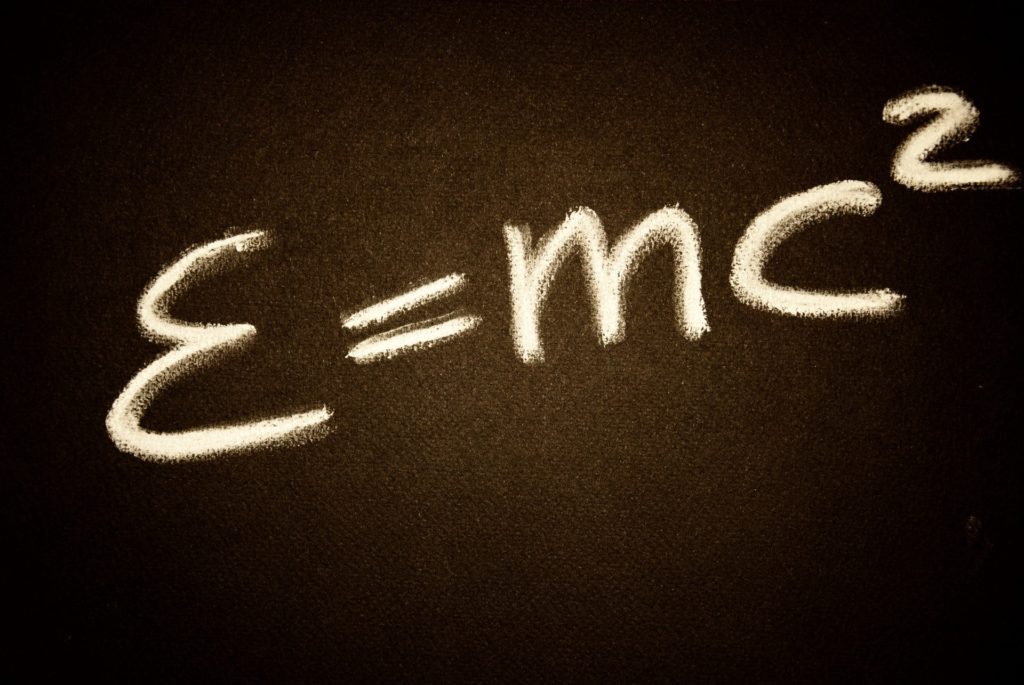
As a scientist, when reading the “Scientists For Future” statement supporting the Fridays for Future protest marches, my initial response was disappointment. The statement uses an extremely basic language to summarize the demands of the Paris Agreement, and the key steps necessary to avoid the most perilous climate change hazards. There is nothing innovative, provocative […]
Public protests “for future” as part of citizenship – children and scientists included
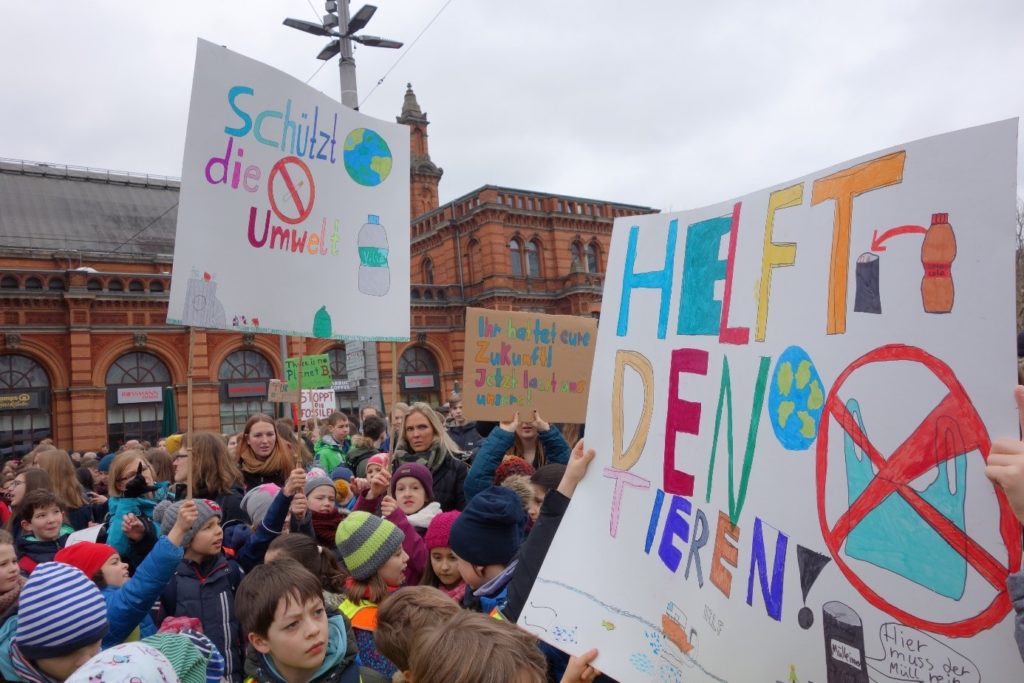
Today, I went to the streets with my ten-year-old son. It was his first protest march, and my second. We went with his elementary school class, loudly shouting: “don’t steal our future!” And while German politicians claim that they understand the children’s concerns, they also claim, more or less implicitly, that the children do not […]
My journey towards fair open access book publishing
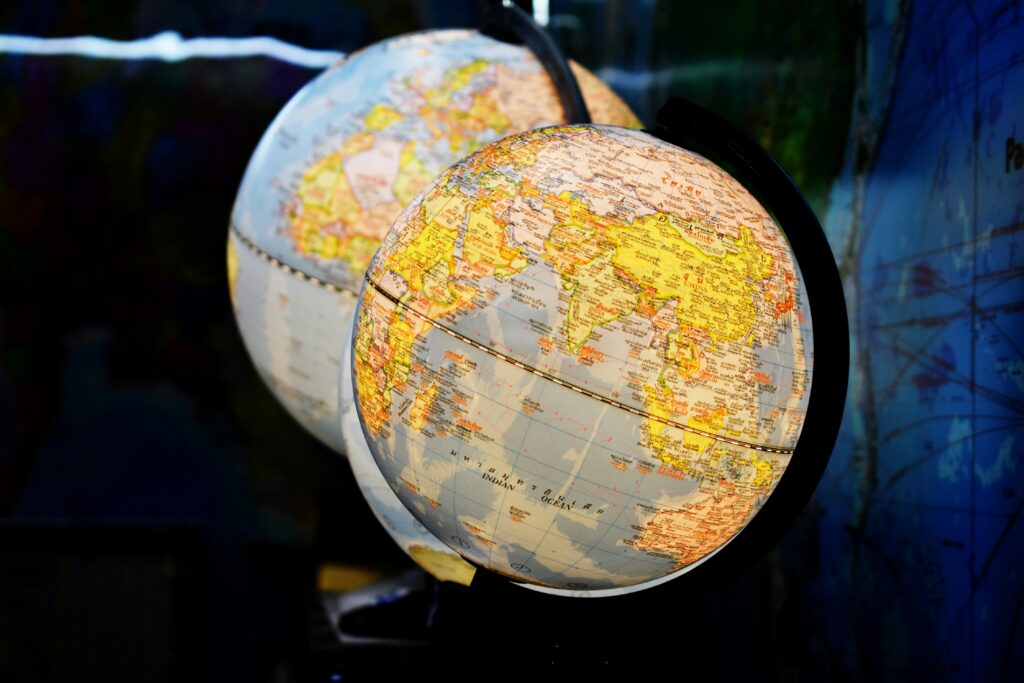
As a former journalist I have always had an appreciation for the value of the written word. I have also always considered it an honour and a privilege to be published. I regarded authors to be the rightful owners of their text. In my world, you may give away texts as a present to your […]
Six theses for a constructive climate communication
In his column “On the subject” for the Deutsche Klima Konsortium (DKK), Prof. Dr. Michael Brüggemann presents six theses for a constructive climate communication. You can find the complete editorial here (in German only).
